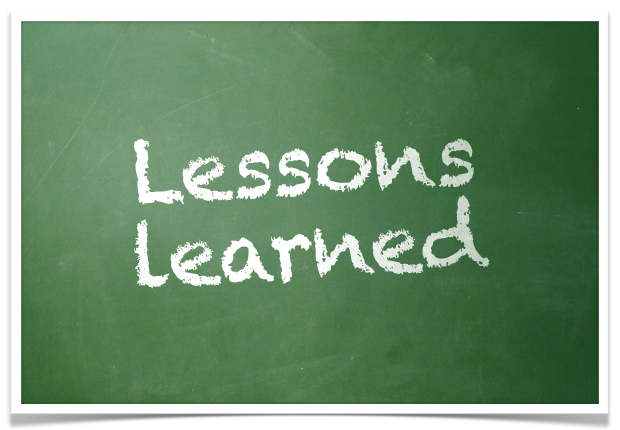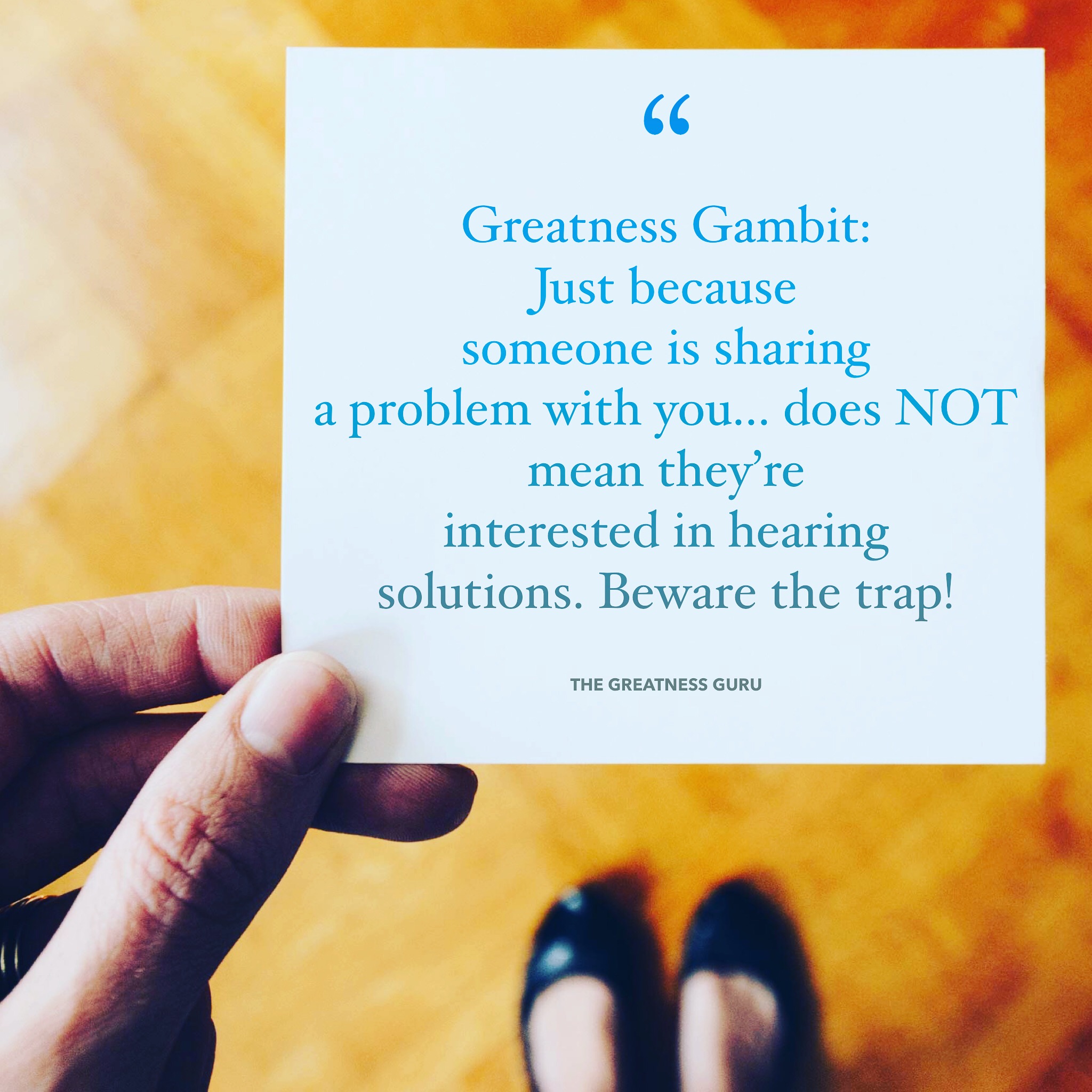Throughout my long and winding mindfulness journey, I’ve had plenty of ‘aha!’ moments…and just as many ‘oh-sh*t!’ moments. Somewhere along the way, I found a clarity I didn’t even realize I’d lost. I’ve even impressed myself now and then, maintaining a daily mindfulness practice that’s lasted well into the double digits (pop’s collar). But recently, I had a breakthrough that literally brought me from sitting cross-legged on the carpet to standing up in shock. After a moment of processing, I found myself sinking back down into a chair, thoughts racing.
It’s no secret that I’ve struggled with low self-esteem, a major weight problem, and body dysmorphia. I often carry the weight of emotional burdens like “I’m not good enough” or “people don’t choose me.” Over time, I’ve compiled countless pieces of “evidence” in my mind to support these beliefs. And yet, my mental library is equally filled with memories of trying to radically change myself so that I could finally feel happy.
This morning, during a mindful body scan, a thought crossed my mind: “Even though I was taught to always be ‘perfect,’ even though I was taught to always be ‘on,’ I can choose to relax.” As that thought swept through me, I felt a subtle wave ripple through my body. One thing I’ve learned along the way is that giving voice to thoughts can make them more powerful, so I spoke the words out loud. But as I uttered the phrase, “even though I was taught…,” I stopped mid-sentence. The linguist in me latched onto that word ‘taught’ like a kid on a cupcake after a summer of dieting.
Suddenly, my mind erupted with questions: “Who’s the teacher?” “What was the lesson?” and perhaps most importantly, “Who gave them the right to teach me this?” The noise in my head was deafening in the quiet of my office. I took a deep breath, sat down in my chair, and took another. With each breath, the frantic noise in my mind began to quiet, and as my heartbeat slowed, I heard it again: “even though I was taught…”
That’s when it hit me. I was taught these things. I was taught that I wasn’t good enough. I was taught that my body wasn’t acceptable. But just because I was taught something doesn’t make it true. More importantly, it means I have the power to choose whether or not I accept these lessons. And perhaps most liberating of all, I can choose to opt out of the suffering they’ve caused me.
Even though I was taught that I’m not good enough, I choose to love and accept myself. Even though I was taught that I’m messy or unattractive, I choose to love and accept myself. Even though I was taught that I’m lacking or unworthy, I choose to love and accept myself.
I was taught that because I’m “obese,” I’m a “monster.” At my heaviest, I was 364 pounds at 5’5”, wearing clothes in the 4X and 5X range. And because I believed that lesson, I agonized over my appearance. I berated myself for not being thin, and I self-soothed with food and alcohol to mask the deep sadness inside me. My body was constantly flooded with stress hormones that further damaged my health. I was trapped in a vicious cycle—trying to escape being a “monster,” yet reinforcing that very identity at the same time.
I was also taught that when I’m “wrong,” I am “unworthy.” This belief drove me into constant anxiety, always needing to be right or knowledgeable. I couldn’t bear the thought of being caught on the wrong side of an argument, even when I knew I wasn’t right. I burned bridges, alienated people, and reduced others to rubble in a desperate attempt to prove I wasn’t “wrong.” In trying to prove my worth, I only reinforced my belief in my unworthiness.
Living under the weight of these lessons is exhausting. Constantly needing to protect myself—whether consciously or unconsciously—from the pain of being “wrong” or “imperfect” left me drained. But mindfulness offers a way out. Through consistent practice, I’ve learned to interrupt the cycle. I’ve begun to reclaim my power from these destructive patterns.
Although it’s not an overnight process and these lessons may not be instantly forgotten, we don’t have to continue suffering. We can soften their hold over us. And with time, they will fade. That’s the power of a daily mindfulness practice.
What ‘lessons’ have you been taught that are not serving you?
Are there ones that are straight up hurting you? How do you know?





